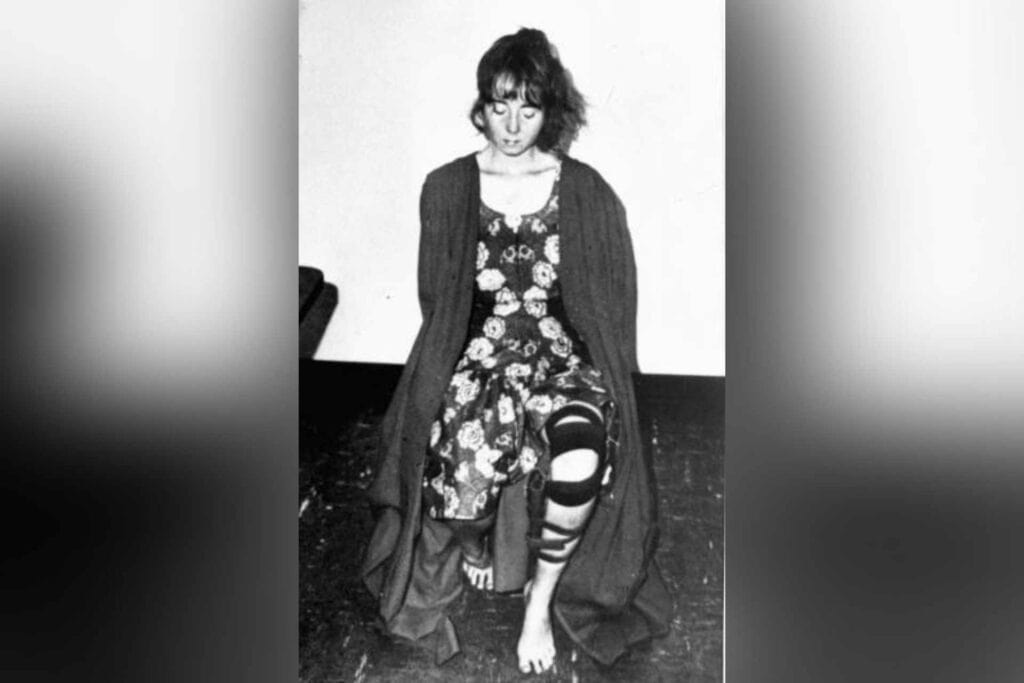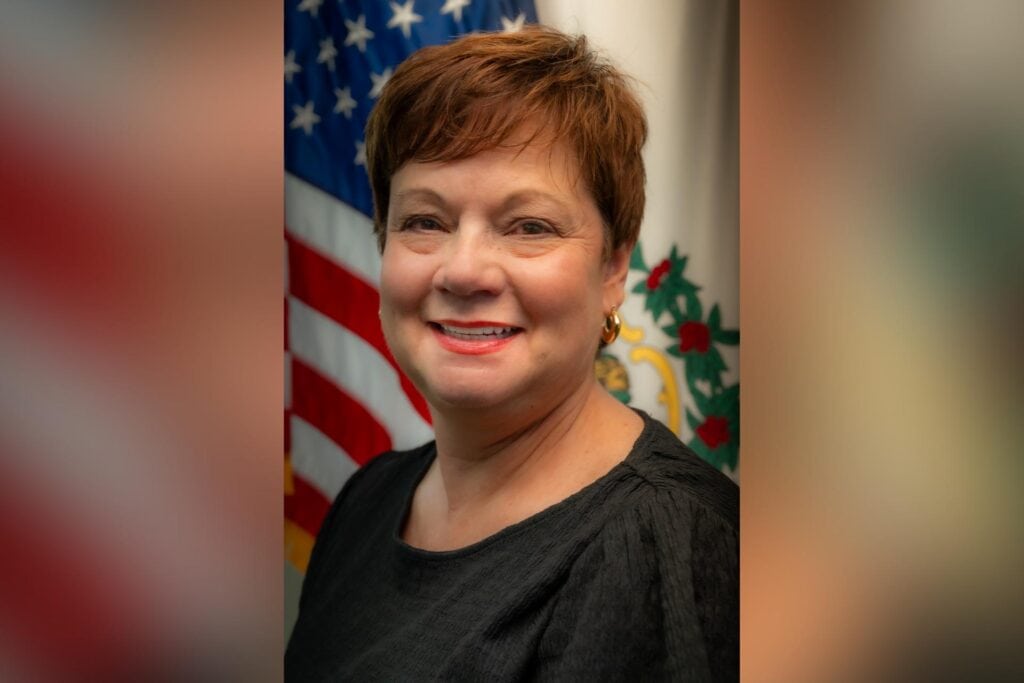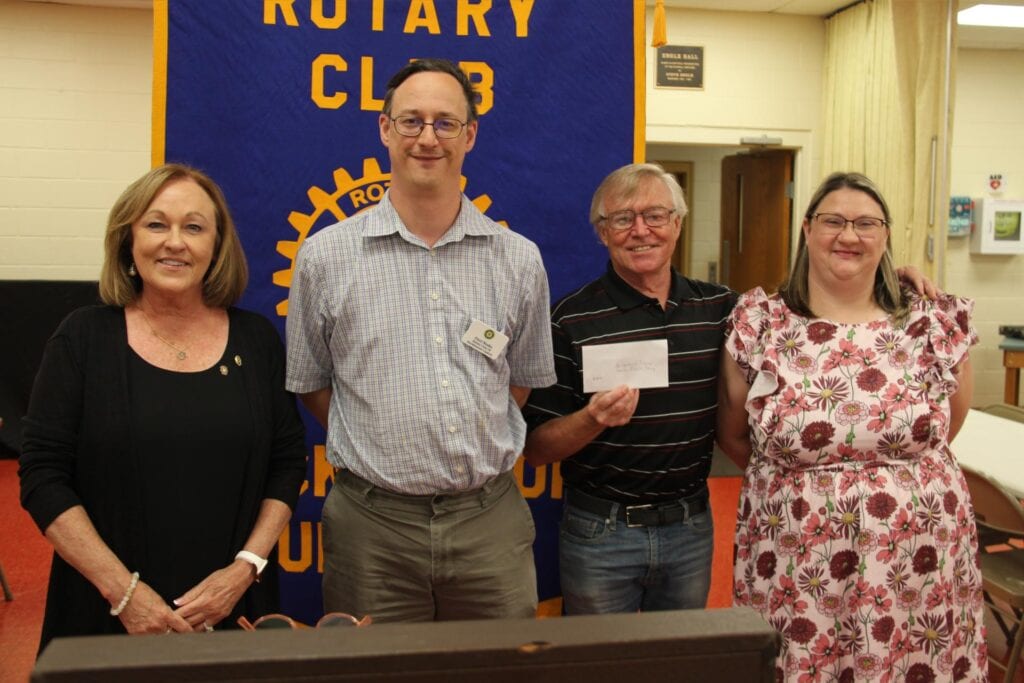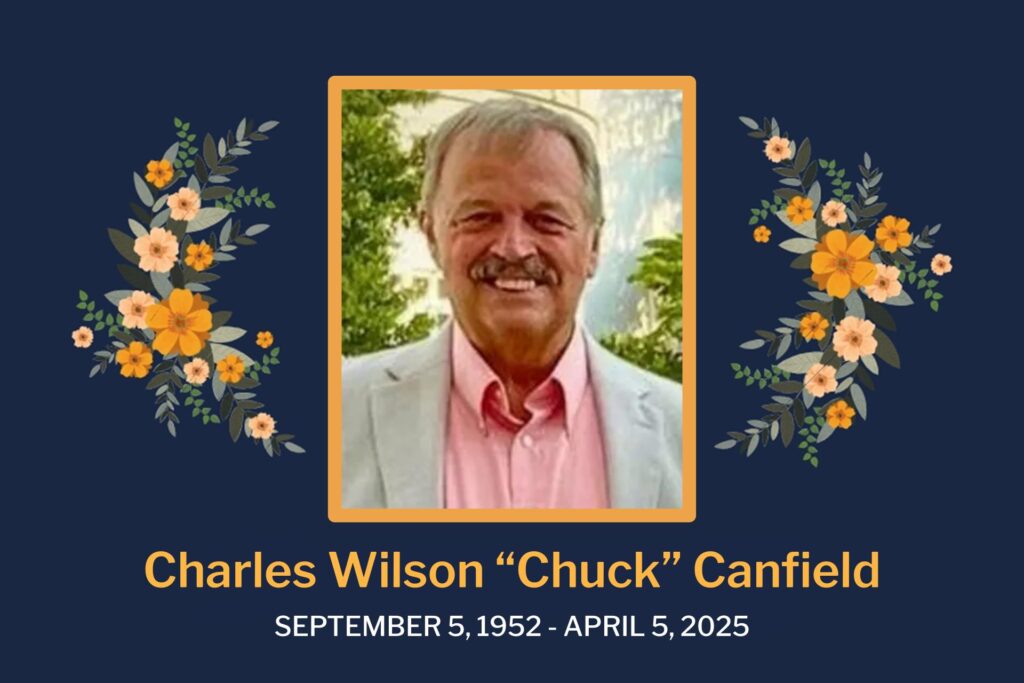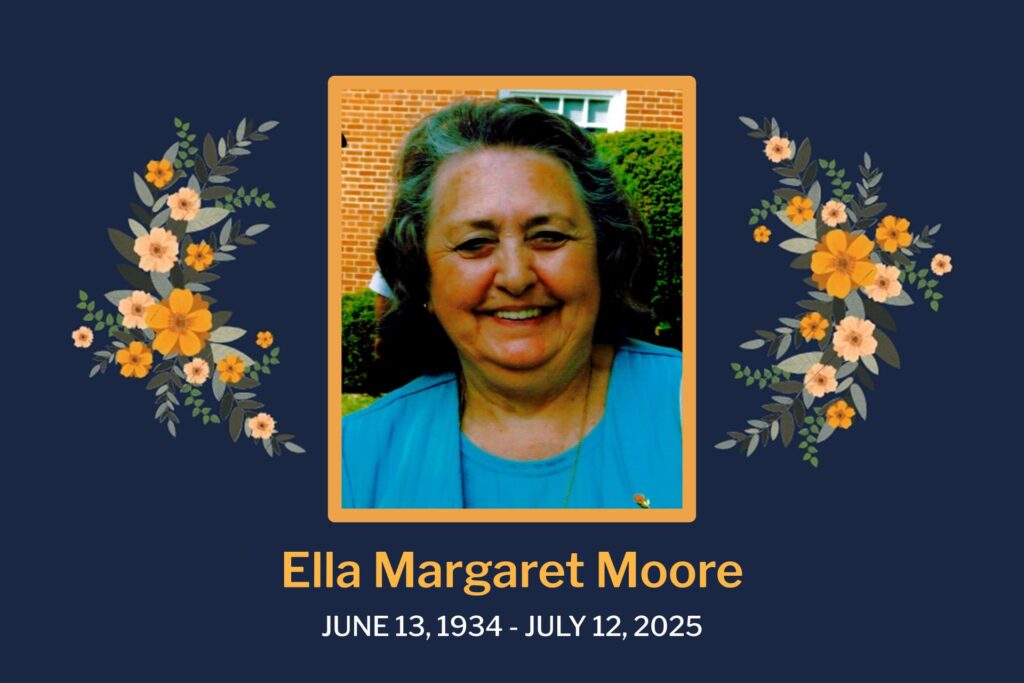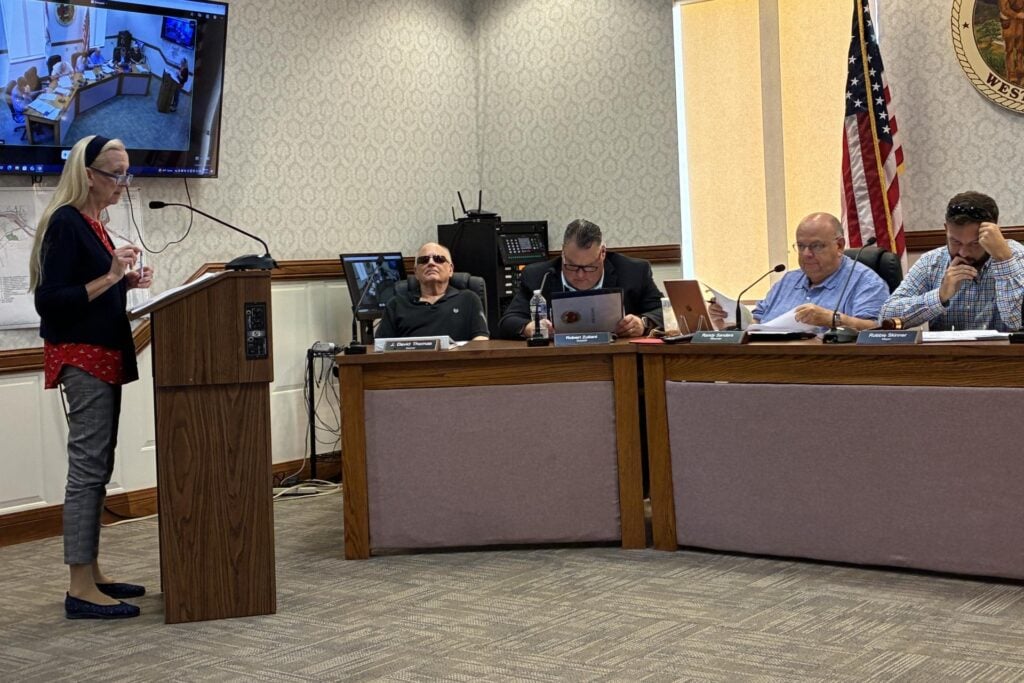Charleston, W.Va. – The following events happened on these dates in West Virginia history. To read more, go to e-WV: The West Virginia Encyclopedia at www.wvencyclopedia.org.
Dec. 19, 1794: A 40-acre tract of George Clendenin’s land was selected as the site of Charlestown, later renamed Charleston. Clendenin, born in Augusta County, Virginia, in 1746, was one of the first settlers in the Kanawha Valley. Through Clendenin’s influence the Virginia Assembly authorized the formation of Kanawha County from parts of Greenbrier and Montgomery counties in 1789.
Dec. 19, 1832: The town of Ripley received its charter. It was probably named for Harry Ripley, a popular, circuit-riding Methodist minister who drowned in Mill Creek in 1830.
Dec. 20, 1943: German fighter pilot Franz Stigler protected the heavily-damaged B-17 bomber flown by Charlie Brown as it made its way from enemy territory back to England. The two war veterans met in 1990 and remained friends until their deaths.
Dec. 20, 2002: Grote Reber died. In 1937, Reber built the world’s first parabolic radio telescope in his backyard. The Reber Telescope was moved to the National Radio Observatory at Green Bank in the 1960s and was designated a National Historic Landmark in 1989.
Dec. 21, 1798: Wood County was established by the Virginia General Assembly. It was named for James Wood, governor of Virginia from 1796 to 1800.
Dec. 22, 1928: Radio station WMMN of Fairmont began operations as one of West Virginia’s pioneer stations. For nearly two decades beginning in 1935, WMMN was an important outlet for country and western music performers. The highlight of this era was the “Sagebrush Roundup,” a Saturday-night live-audience show which began in December 1938 and was broadcast weekly for nearly ten years.
Dec. 23, 1987: Lynette ‘‘Squeaky’’ Fromme escaped from the Federal Prison Camp in Alderson. Fromme, who was serving a life sentence for trying to kill President Gerald Ford, was captured two days later near the prison.
Dec. 24, 1852: The last spike was driven on the Baltimore & Ohio Railroad between Baltimore and the Ohio River. The event occurred at Rosbys Rock near Moundsville. To mark the spot where the final spike was driven the following words were carved upon the rock: Rosbbys [sic] Rock Track Closed Christmas Eve 1852.
Dec. 24, 1942: The Committee on Fair Employment Practices ordered that Jehovah’s Witnesses be reinstated to their jobs at Pittsburgh Plate Glass in Clarksburg. The workers had been fired for refusing to participate in union-sponsored flag-salute ceremonies at the plant.
Dec. 25, 2002: Jack Whittaker, a Putnam County contractor, won the $314.9 million Powerball jackpot. At the time, it was the largest single lottery jackpot in history.
e-WV: The West Virginia Encyclopedia is a project of the West Virginia Humanities Council. For more information, contact the West Virginia Humanities Council, 1310 Kanawha Blvd. E., Charleston, WV 25301; (304) 346-8500; or visit e-WV at www.wvencyclopedia.org.

Rosby’s Rock 
Charlie Brown 
Grote Reber Radio Telescope
